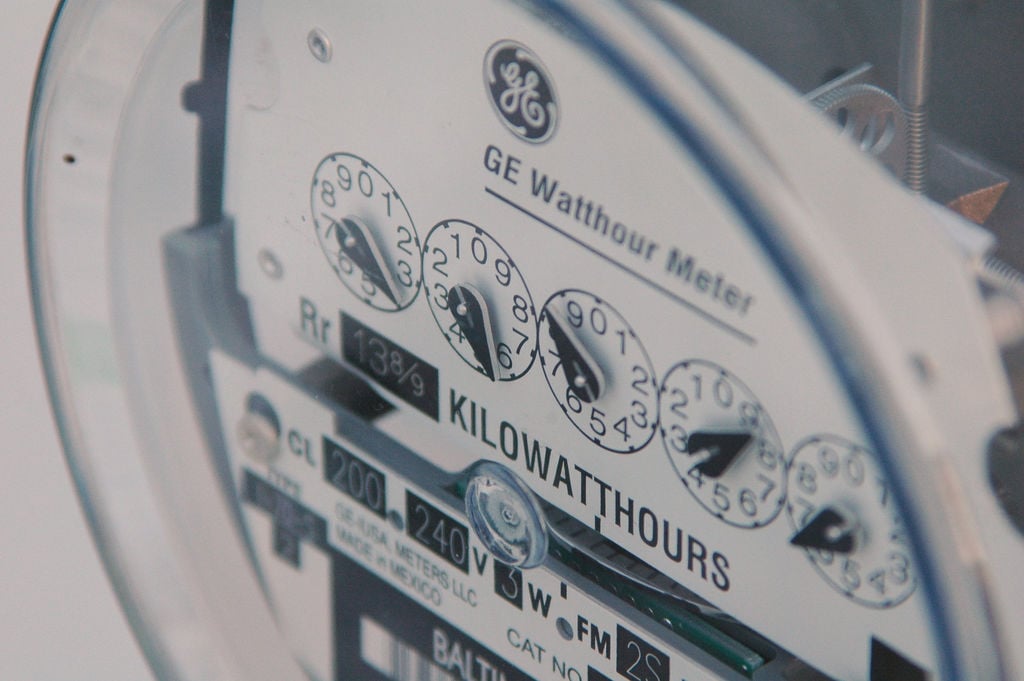Engie has formally launched its “innovative” tracker tariff, designed to reflect changes in the wholesale electricity price more accurately for consumers.
The energy giant revealed that it would be launching its own tracker tariff earlier this summer and is now accepting customers who can choose to be placed on the tracker, rather than the fixed or variable tariffs Engie is also offering.
Engie has too offered up more detail about how the tariff will work in practice.
Unit prices under the tracker tariff will be formed of two components – a fixed and variable element – with the latter changing each month alongside prices seen on the wholesale market.
The variable element will be guided using independent assessments of the energy market conducted by commodity tracking firm ICIS, which is part of the Reed Business Information group.
Unit prices will be based largely on the daily spot prices available for the two calendar months prior to the forthcoming billing month, however a cap will be in place to protect consumers from periods of significantly larger than expected prices.
These caps will be based on the highest likely unit rate for the month with a 20% premium added on top, and perhaps controversially will differ depending on geographic region. Customers paying by direct debit in London will enjoy the cheapest available maximum price of 14.49p/kWh, as opposed to those in Merseyside and North Wales who could face prices of 16.01p/kWh.
However customers need to supply monthly meter reads to determine bill accuracy, and the tariff is not available to consumers who have non-standard meters such as Economy 7 or 10, nor is it available for those on pre-payment meters.
Engie is a relative newcomer to the notoriously competitive UK domestic supply market, having only launched its consumer-facing supply division in May this year.
Wilfrid Petrie, chief executive for the UK and Ireland at Engie, said the tracker tariff would complement its existing packages.
“Engie Tracker is an important part of our commitment to fair, clear and transparent pricing. We know some customers will prefer the peace of mind that fixed contracts offer while others will appreciate their energy bills being linked to the actual cost of wholesale energy. We want to make sure that we offer a price plan to suit everyone,” he said.
Engie is not the only supplier to launch a tariff that more closely follows the wholesale price of electricity, with energy companies looking to be perceived as offering more value to consumers following months of highly-charged political debate surrounding the UK’s energy market.
In May Octopus Energy announced the launch of a tracker tariff that adjusts daily alongside the wholesale price in a move the supplier said was designed to offer more “transparency” to the prices customers pay.





